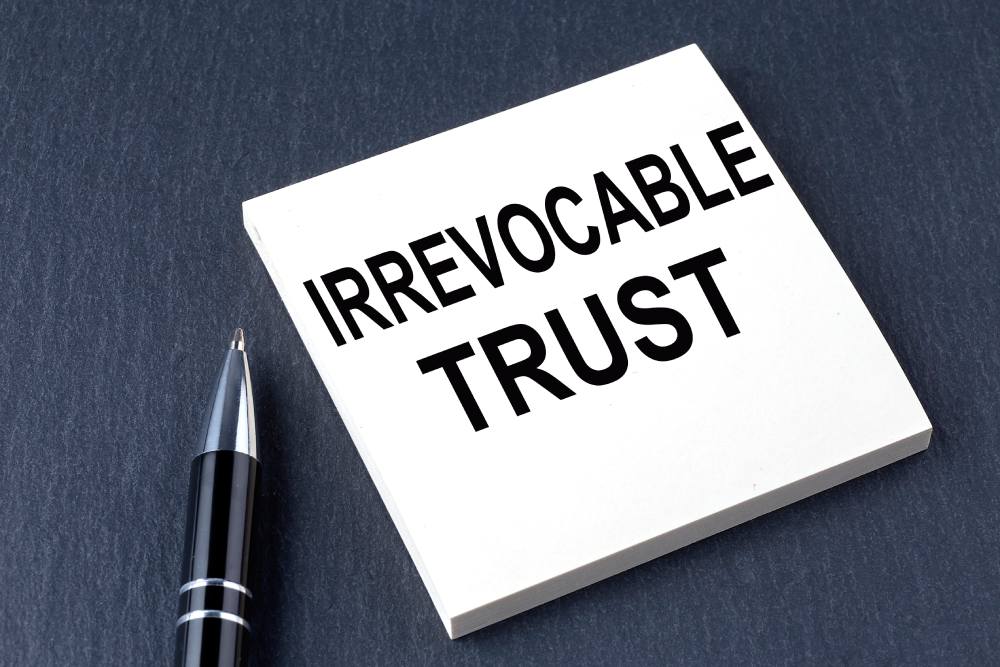Setting up a trust fund for a child is an important step in securing their financial future. If you want to save for education, offer long-term financial security, or protect assets, a trust fund can offer many benefits. But how to set up a trust fund for a child? Let us walk you through the steps involved in creating a trust and explain how to get started.
Understand the Purpose of the Trust Fund
Before you begin setting up a trust fund for your child, it is important to understand the purpose behind it. Trust funds are legal arrangements that allow assets to be held by a trustee on behalf of the beneficiary. In this case, the beneficiary will be your child. Trusts can be used to provide for your child’s education, healthcare, living expenses, or future needs.
The type of trust you set up will depend on your goals. A revocable living trust offers a way to maintain control over your assets while you’re still alive. In contrast, an irrevocable trust might be more suitable for asset protection and tax benefits.
Choose the Right Type of Trust
There are various types of trusts, and choosing the right one for your child is necessary. Here are some common types:
- Revocable Living Trust: Allows you to change or revoke the trust during your lifetime. It is flexible but offers less protection from creditors.
- Irrevocable Trust: Once established, it cannot be changed. It offers stronger protection from creditors and potential estate tax benefits.
- Special Needs Trust: Specifically designed to provide for a child with disabilities while not affecting their eligibility for government benefits.
- Testamentary Trust: Created through your will and takes effect after your death. It goes through probate but can be tailored to meet your child’s needs.
Each type has its pros and cons, so it is important to assess your financial goals before deciding.
Choose a Trustee
A trustee is responsible for managing the trust fund and distributing assets according to your wishes. The trustee must be someone who can manage the assets and make financial decisions on behalf of your child. This could be a family member, friend, or professional trustee.
It is important to choose someone you trust and who has the skills to handle the responsibility. If you are unsure, you can always choose a professional trustee from a financial institution or a trust company.
Fund the Trust
Once you have established the trust, you will need to fund it. This means transferring assets into the trust. You can fund the trust with cash, investments, real estate, or other valuable assets.
Remember, the trust is only effective if it is properly funded. If assets are not transferred into the trust, they will not be protected by the trust terms.
Draft the Trust Agreement
The trust agreement is a legal document that outlines the terms and conditions of the trust. It specifies how the assets should be managed and when and how they should be distributed to your child.
Working with an attorney who specializes in estate planning is highly recommended. They can help to make sure that the trust is set up correctly and that it reflects your wishes.
Consider Tax Implications
When setting up a trust fund for a child, you will need to consider the tax implications. Some trusts may be subject to income tax, and there may be tax advantages to choosing certain types of trusts. For instance, an irrevocable trust can potentially reduce your estate taxes by removing assets from your estate.
A self-directed IRA can also be used to fund a trust, giving you more control over your investments. However, it is important to consult a tax professional to understand the tax consequences and avoid any unwanted surprises down the road.
Review and Update the Trust Regularly
Once the trust is set up, it is important to review and update it regularly. Life circumstances change, and so should your trust. Regularly reviewing the trust will make sure it continues to meet your goals and that your child’s needs are addressed properly. You should also keep the trustee informed of any changes.
Protect the Trust Fund with a Nevada Asset Protection Trust
For additional security, you may want to consider establishing a Nevada asset protection trust. This type of trust offers strong legal protections against creditors, ensuring that the assets within the trust remain safe. If you are concerned about the possibility of legal claims or financial difficulties, this could be an important tool in protecting your child’s inheritance.
At Nevada Trust Company, we specialize in helping individuals establish trusts and manage their financial future. Contact us today to learn more about setting up a trust fund for your child and securing their financial future.



